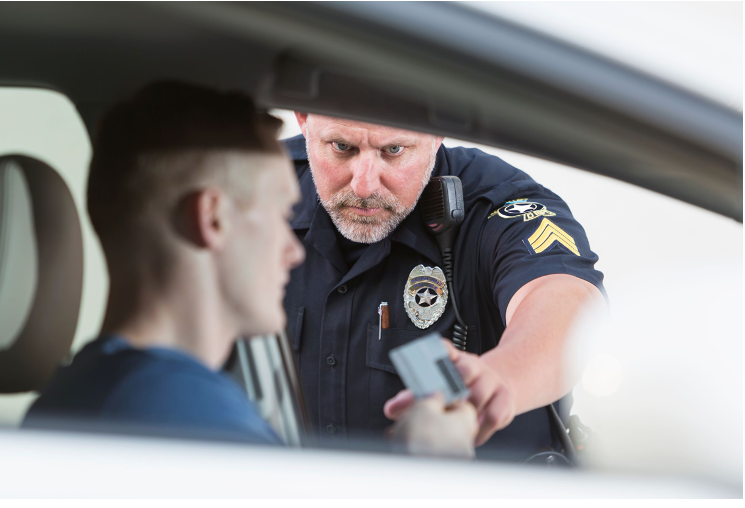CommentsLAW & ORDER - “There are three objective constraints on policing… which had militated against its satisfactory fulfillment.
They are the frequent changes in the law and its interpretation by the judiciary; there is the influence of press and public opinion, often with intense pressure groups, and probably the most important, there is political interference.”
Kind of hard to argue with that, especially when you can look around and see those constraints playing out in front of us. District attorneys decide that certain crimes, such as shoplifting aren’t worth prosecuting. Social Justice groups screaming to “Defund the police!” And politicians proclaimed police were wrong when they enforced the law because it could garner votes. Meanwhile, violent crime has started climbing in the United States, leaving many people asking, “Why don’t the police do something?”
The sad thing is that the quote mentioned above appeared in a Police Journal article from 1991. The report also looked at how politics had been impacting police work since the inception of the police. In other words, groups and individuals other than the police have influenced how the police do their jobs for centuries.
The priority for police should be simple: They are law enforcement officers.
Law enforcement should be the police forces’ number one priority, but it no longer is. Now, police are being asked to act as community liaisons, encourage diversity, fight racism, perform security checks on businesses, not hurt anyone, and more. Now, don’t get me wrong. These are all fine things that would be wonderful for the police to do. Unfortunately, however, the groups that tend to force these duties on the police want them to be their top priority, and what winds up getting pushed down the list of priorities is actual law enforcement.
Police departments are limited in resources, whether equipment, officers, or money. When other duties are prioritized ahead of law enforcement, those resources start to run low by the time it comes to law enforcement.
According to the Cato Institute, most Americans believe the top three priorities for police should be: investigating violent crime like murder, assaults, and domestic violence (78 percent), protecting individuals from violent crime (64 percent), and third investigating property crime and robbery (58 percent). These were also the top three priorities, whether the respondents were White, Black, or Latino.
“Providing Guidance and Social Services” came in sixth out of seven choices, with 18 percent of respondents saying it should be a top priority. That was less than “Enforcing Traffic Laws” and more than “Enforcing Public Nuisance Laws” like loitering and disorderly conduct.
Looking at the Cato Institute study, I agree with the American people. They overwhelming want the police to enforce the law. But, I’ll also add that they want the police to enforce those laws fairly and with the least amount of force needed to arrest the perpetrators.
Sadly, that’s not what is happening, and in some cases, police department leadership contributes to the problem. For instance, the International Association of Chiefs of Police lists Community-Police Relations as its no. 2 priority, writing, “Although many departments have made great strides in community policing, it is clear that more needs to be done. True change in the area of perceived or real social injustice will take time and commitment from the police profession and their communities, as well as lawmakers and other elected officials.… We must continue to reevaluate, recommit, and renew our focus on sustaining trusting relationships with all segments of the community.”
This comes ahead of other priorities, such as reducing firearms violence, ensuring adequate funding, fighting terrorism, and combatting narcotics.
Let the police officers enforce the laws, and police leadership should be running interference for their officers so that no one outside of the agencies tasked with enforcing the law can make them stand down and not fulfill their legal duty and responsibility.
(Michael A. Letts is the CEO and Founder of In-VestUSA, a national grassroots non-profit organization helping hundreds of communities provide thousands of bulletproof vests for their police forces through educational, public relations, sponsorship, and fundraising programs)
















